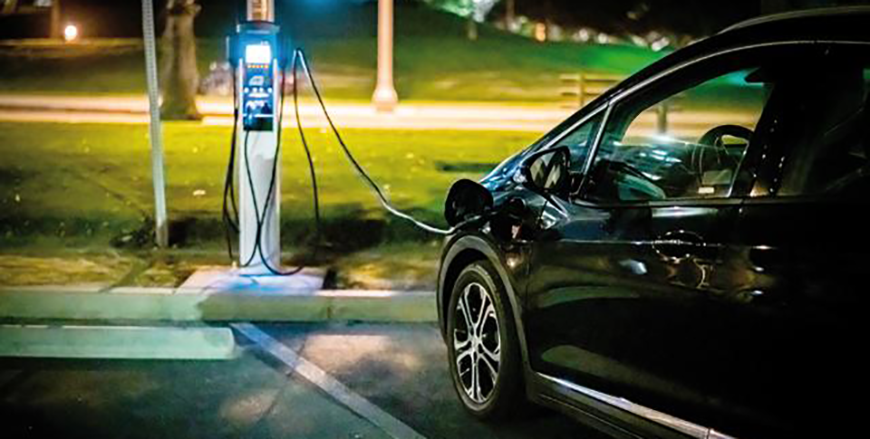AMMAN — The clearance rate of electric cars has witnessed an increase of more than 180 per cent during the first 11 months of 2022 compared with the same period of last year, according to the Jordan Free Zone Investor Commission (JFZIC).
The clearance rate of hybrid cars decreased by over 30 per cent and that of gasoline cars decreased by over 20 per cent, Jihad Abu Nasser, representative of the automobile sector at the JFZIC, told The Jordan Times.
A total of 14,733 gasoline vehicles, 12,405 hybrid vehicles, 8,879 diesel vehicles and 14,377 electric vehicles have been cleared since the beginning of the year, Abu Nasser added.
He noted that electric cars have undergone major improvements within a short period of time, and many EV-makers are continuously refining their vehicles to maximise their driving range and battery life.
Most electric vehicles (EV) can travel an average of 300 kilometres on a single charge, he said, adding that some EVs can go over 500 kilometres in one charge depending on their battery capacity.
Abu Nasser also pointed out that the average Jordanian citizen doesn’t travel over 30 to 70 kilometres per day.
“The distance that EVs can cover in one charge is no longer a concern for Jordanians, unless they have a job that requires them to travel for long distances or inbetween governorates,” he said.
Moreover, he noted that while the cost of replacing an electric car’s battery is high, the average life expectancy ranges between 10 and 20 years, which equals around 1,500 to 2,000 charge cycles.
A new battery for an electric car costs an average of $10,000, according to Abu Nasser.
Muhannad Qudah, a car dealer, noted that he mostly sells hybrid cars.
“A lot of people still don’t trust electric cars, and virtually no one buys gasoline cars anymore, so hybrid cars are currently the safest option for me as a dealer,” he told The Jordan Times.
Qudah added that he has eight gasoline cars, which he has been trying to find buyers for since September.
Mohammad Salah, another dealer, said that he started selling electric cars in 2021.
“I believe that electric cars are the future, considering the continuously rising fuel prices,” he told The Jordan Times.
Salah added that opting for an electric car instead of a gasoline car reduces consumers’ operational costs by 80 per cent, as its maintenance costs are “virtually non-existent” and electricity is a cheaper fuel for cars.
The prices of most electric cars range between JD12,000 and JD25,000, according to Abu Nasser.
He noted that an increase in the prices of raw materials and shipment costs caused a hike in car prices, amounting to roughly JD2,000 in September.
The prices of gasoline cars range between JD12,000 and JD18,000, while hybrid cars range between JD17,000 and JD35,000, he added.
“However, prices are expected to decrease again at the beginning of 2023 as newer models enter the market,”he continued.
Hybrid and gasoline cars are mainly imported from the Gulf countries and Korea, while electric cars are imported from China and South Korea, according to Abu Nasser.
The customs duty for an electric car with a battery capacity below 250 kilowatt-hours (KWh) is 10 per cent of its estimated value. If an e-car’s battery capacity exceeds 250 KWh, its customs duty increases to 15 per cent, he noted.
The customs duty for hybrid cars is 55 per cent, while gasoline car customs duties stand at 80 per cent in addition to a 16 per cent sales tax, which hybrid and electric cars are exempt from, Abu Nasser added.
